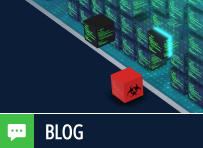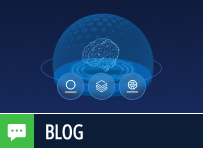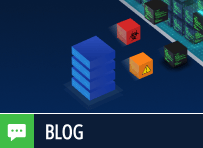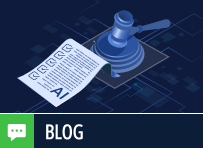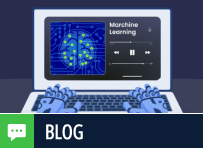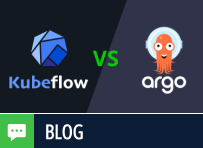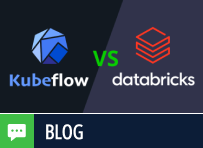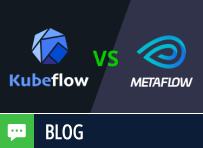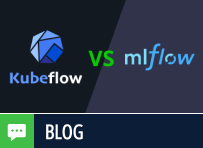Beyond the Hype: Building a Future-Proof Foundation for the AI-Native Enterprise
We are witnessing a fundamental transformation in how software is built. The industry has moved beyond the experimental phase of Machine Learning Operations and entered a complex new reality: the era of the AI Software Supply Chain. The adoption metrics confirm this shift is irreversible. Google reports that 90% of tech workers are now using …


